Major milestones when your baby learns to talk (birth - 1 year)
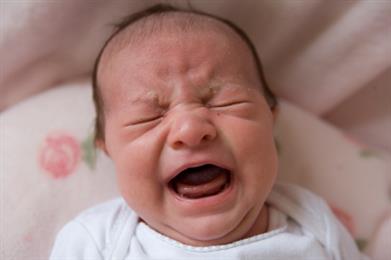
Most babies learn to talk in the first two years of life; he/she learns the rules of the language much before one uses it in communication. He/she does so by observing and listening to people around him/her and soon uses his tongue, lips, palate, and any emerging teeth to make sounds that form into real words like mama and dada when he/she is 6 months old. With mental, emotional, and behavioral leaps, he/she is able to use words to describe what he sees, hears, feels, thinks, and wants.
The major milestones between birth and 1 year when a baby learns to talk are:
Many researchers believe that a baby starts learning the language when he/she is still in the uterus; he/she tunes to the sound of your voice and how to discern it from others.
Between the ages of birth to 3 months, crying is the first form of communication of the baby; when he/she is hungry there would be a piercing cry, while a whimpering, staccato cry signals that he/she needs a diaper change. As he/she grows, one develops a delightful repertoire of gurgles, sighs, and coos with one learning to recognize what words sound like and how sentences are structured by listening to others around him/her.
Between the ages of 4 to 6 months your baby starts combining "baba" or "yaya" and responds to his/her name. Your heart may melt by hearing his/her "mama" or "dada" though he/she equates this word with you much later at 1 year. Initially your baby’s attempt at talking will sound like a stream-of-consciousness monologues in another language with endless words strung together.
Your baby will also experiment making various funny sounds by using his tongue, palate, teeth and vocal cords. Between the same ages your baby may babble a lot and show preference to sounds like "ka" or "da" because he/she enjoys the way it sounds and feels in the mouth.
Around the ages of 7 to 12 months a baby babbles and vocalizes and tries to copy your tones and patterns; you could foster this babbling by reading and talking to him/her.
You are the best judge to gauge your baby’s speech development where there could be a problem due to language delay or hearing problem. Your child doctor would refer you to a pediatric speech-language pathologist for an evaluation. There is a need for concern if your baby isn't making or even attempting to make any sounds or eye contact with you, doesn't make vowel sounds like "ah," "eh," or "oh", doesn't respond to her name or sounds around him/her at 6 months, doesn't babble at 9 months, or doesn't say single words (including "mama" or "dada") at 12 months.
In the next few articles we shall know about the major milestones of talking till 2 years and 3 years.
Image Courtesy: Google
Take the next step toward your goals
Share your requirement and find the best care providers in your area
-
Looking for a caretaker’s job? Build your profile and get in touch with families in your vicinity.
-
Discover nannies, babysitters, cooks, housekeepers, pet sitters, and elder care under one roof.
-
Get all the support you need to run a successful care center.
-
Search for appropriate centers near you depending on your needs.
Care Corner Insights: Blog Library
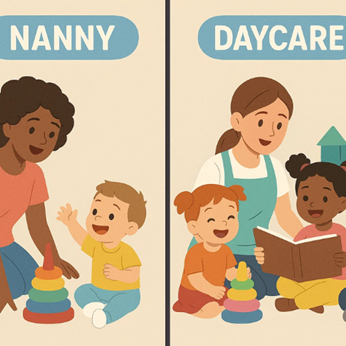
Nanny vs. Daycare in Naperville, IL: What Works Best for Indian Working Couples?
Hey Naperville Parents! Balancing work and family life is no small feat—especially for Indian working couples trying to juggle careers, household responsibilities, and parenting. One of the biggest decisions you’ll face? Choosing between a nanny or
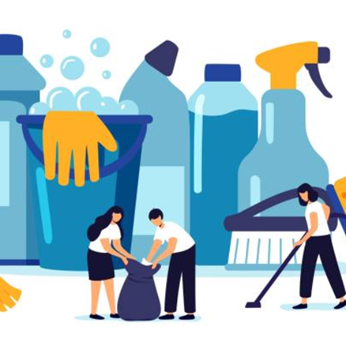
Housekeepers in Sugar Land, TX: Deep-Cleaning Checklists for Indian Homes
Housekeepers in Sugar Land, TX: Deep-Cleaning Checklists for Indian Homes Indian cooking = flavor + spices + love… but also oil splatters and stubborn stains. Time to reset! Degrease stovetops, chimneys, and exhaust fans. Scrub countertops, tiles,

12 Easy After-School Snack Ideas for Kids Who Get Hungry Quickly
School’s out, and the hunger hits hard! If your little ones come home ravenous and ready to raid the kitchen, you’re not alone. After-school snack time is prime time for refueling, recharging, and maybe even sneaking in a little nutrition. So here ar

Vegetarian Home Cook Services in Sunnyvale, CA: North & South Indian Meal Prep for Busy NRIs
Between work, family, and daily responsibilities, finding time to cook fresh meals can be difficult. That’s when a vegetarian home cook service in Sunnyvale makes life easier—bringing authentic North and South Indian dishes straight to your table. T
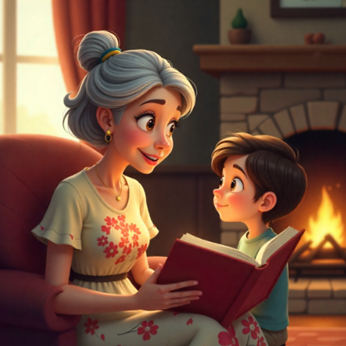
Hiring a Live-In Nanny in Plano, TX: A Practical Guide for NRI Households
For NRI families living in Plano, TX, raising children while managing work and household responsibilities can feel overwhelming. Many parents find that hiring a live-in nanny provides the right balance of support, convenience, and cultural comfort. U
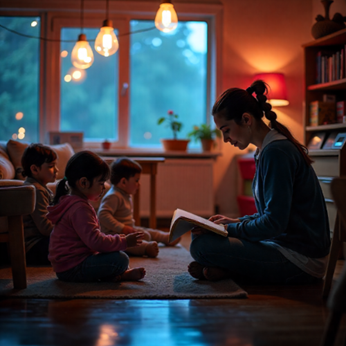
Daycares in Fremont, CA for Indian Toddlers: Curriculum, Food Policies & Waitlists
You’ve probably met them — the parents at the park chatting about Montessori vs. play-based learning while handing their toddler a homemade paratha. The ones who ask every daycare in Fremont if they serve vegetarian meals. And yes, the ones who have
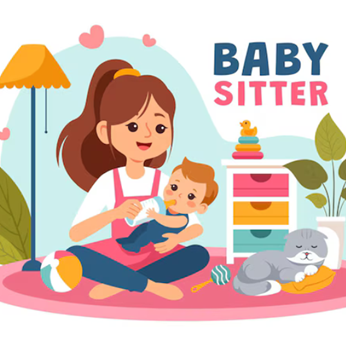
Babysitters in Jersey City, NJ for NRI Parents: Last-Minute, Weekend & Evening Options
You’ve probably seen them — the parents juggling grocery bags in one hand and a phone call to grandma in India in the other, while trying to keep their toddler from running into the road. The ones who cancel dinner plans because the babysitter bailed
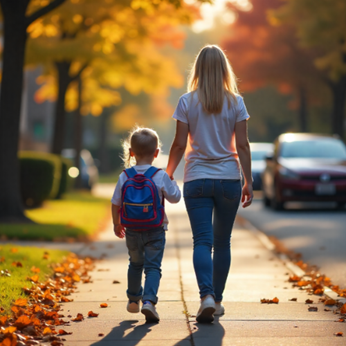
Best Nanny Services in Edison, NJ for Indian Families: Costs, Language, and Cultural Fit
Edison, NJ, is home to one of the largest Indian communities in the U.S., and finding a nanny here often means looking for more than just childcare skills. For Indian families, cultural understanding, language fluency, and traditional values play a b

What Is Helicopter Parenting? How It Affects Children and Ways to Avoid It
You’ve probably seen them. The parents at the playground who shadow every move, wiping invisible germs off the slide before their child touches it. The ones who fill out job applications for their teens. And yes, the ones who email college professors
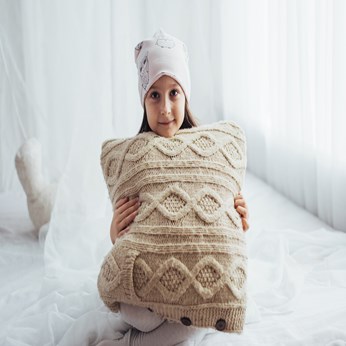
Are Weighted Blankets Safe for Children? Pros and Cons Explained
Weighted blankets have become a cozy trend in recent years. From helping adults sleep better to calming anxiety, they’ve earned a spot in many households. But when it comes to kids, especially the little ones, parents often ask: Are weighted blankets